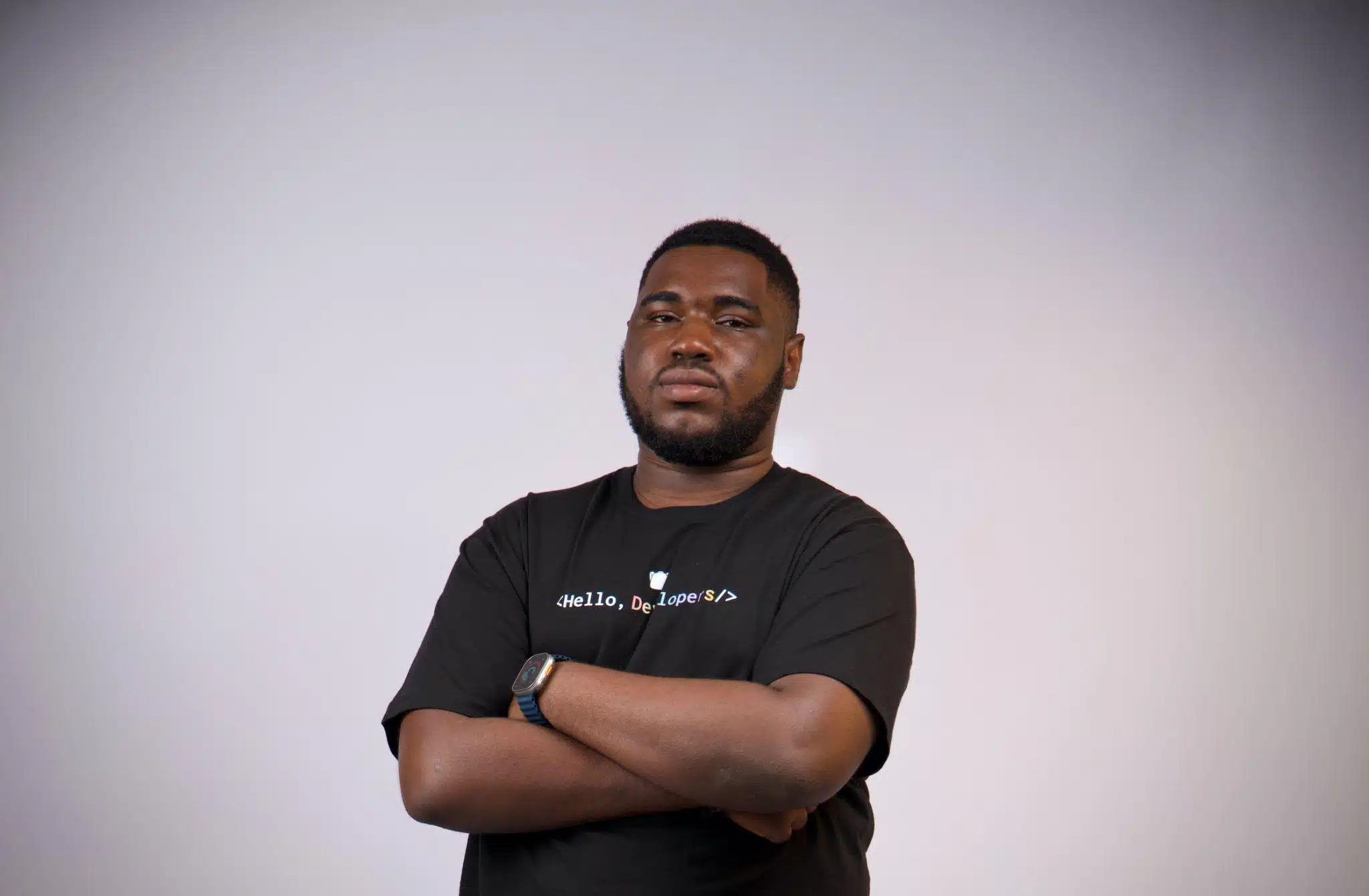Scroll through Instagram, Twitter (X), or TikTok for five minutes, and chances are, you’ll see an influencer selling something—be it a skincare product, a finance app, real estate investment or even Sabinus just randomly trying to make people laugh. Brands are spending millions on influencer marketing, betting on the trust and engagement these creators have built with their audience. But here’s the big question: Does influencer marketing actually convert? Or is it just another hype train brands are too afraid to ignore?
Let’s break it down.
Why Brands Swear by Influencer Marketing
People trust people, not ads. When your favorite influencer vouches for a product, it feels more like a recommendation from a friend rather than a corporate ad (what Don Jazzy did with VBank is a good case study). This trust is what brands bank on. Unlike traditional ads that cast a wide (and often inefficient) net, influencer marketing allows brands to reach hyper-specific audiences. Want to sell fitness gear? A fitness influencer’s followers are your ideal customers.
A well-crafted influencer campaign doesn’t feel like marketing—it feels like storytelling. And people engage with stories more than they engage with traditional ads. With TikTok and Instagram Reels leading the charge, short-form content is king. Influencers create digestible, engaging content that feels less intrusive than banner ads or TV commercials.
The Other Side: Why Influencer Marketing Might Not Work
Engagement doesn’t always equal conversion. A million likes and comments don’t necessarily translate to sales. From my experience, this has been a major issue. Many people engage just for entertainment, not because they’re ready to buy. The industry is also plagued with fake engagement and bought followers – or BOT followers. Brands often fall into the trap of working with influencers who have high numbers but low genuine influence. If you pay attention enough, you will spot them.
Consumers are getting smarter. They can tell when an influencer is just posting an ad for the check. The more they see paid promotions, the less they trust them. Additionally, working with top-tier influencers costs a fortune, and there’s no guaranteed return. Many brands burn their budgets on influencer partnerships without seeing significant sales.
The Challenge of Tracking Influencer Marketing Metrics
One of the biggest hurdles in influencer marketing is tracking its true impact. Unlike traditional digital ads, where every click and conversion is measurable, influencer marketing operates in a gray area. Sales attribution is tricky—was it the influencer’s post that drove the purchase, or was it a combination of other factors like word-of-mouth, retargeting ads, or PR efforts?
Another issue is the lack of standardized metrics. While impressions, engagement rates, and reach are commonly used, they don’t always paint a clear picture of ROI. Brands often struggle to differentiate between meaningful engagement and vanity metrics. Furthermore, with influencers posting across multiple platforms, tracking conversions accurately becomes a complex puzzle.
Platform X-ray: Instagram, Twitter (X), & TikTok
Instagram: Still the gold standard for influencer marketing, but engagement rates have dropped due to algorithm changes and saturation. Great for brand awareness, but conversion requires strong CTAs and retargeting.
Twitter (X): Ideal for thought leadership and virality, but conversions are often weak unless paired with compelling offers. Most engagement is in the form of discourse, not purchases.
TikTok: The most explosive platform for influencer marketing. If done right, products sell out in hours (thanks to TikTok’s unique algorithm). But virality is unpredictable, and not every trend translates into real sales.
So, Does Influencer Marketing Convert?
The answer? It depends.
If done strategically—with the right influencers, authentic storytelling, and a well-structured campaign—it absolutely converts. But blindly throwing money at influencers and hoping for the best? That’s a recipe for wasted budgets.
Lastly, influencer marketing isn’t a magic bullet. It’s a tool, and like any tool, its effectiveness depends on how well you use it. Brands that focus on real connections, genuine storytelling, and data-driven decisions will win. Those chasing vanity metrics? Not so much.
Sunday Atam Iganishire is an experienced marketing and communications expert passionate about transforming brand storytelling in Nigeria. With experience spanning fintech, crypto, and media, he specializes in PR, corporate communications, brand positioning, and growth marketing.





